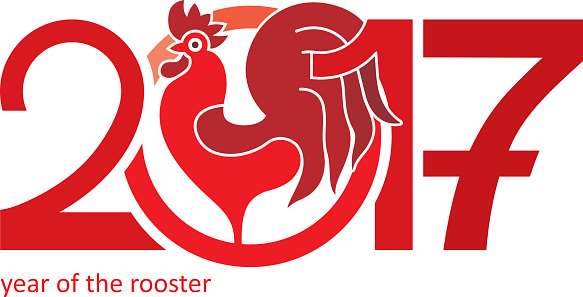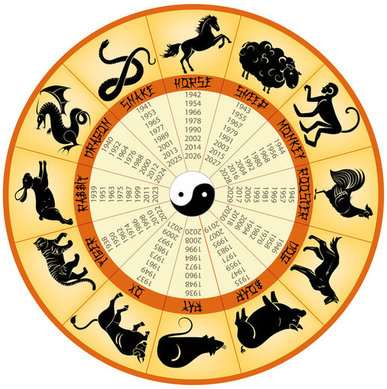Farmers introduced the celebrations many years ago
By Diego Flammini
Assistant Editor, North American Content
Farms.com
On Jan. 28, many people of the Chinese culture will begin their New Year celebrations. And there’s more ties to agriculture than simply 2017 being the year of the rooster.
It’s documented that farmers first introduced Chinese New Year celebrations.
“Farmers started the holiday in China to mark the end of winter and beginning of spring,” reads an excerpt from Chinese New Year (Holidays and Festivals), by Alice Flanagan and Svetlana Zhurkina. “As soon as winter was over, farmers worked hard to get the land ready for spring planting. They cleaned up the fields and planted new seeds.
“Chinese farmers thought of spring as the start of a new year. They cleaned their homes and held a feast to celebrate a new beginning. Then they rested until they had to work in the fields again.”

According to the University of Victoria in British Columbia, Chinese New Year lasts 15 days. At least one of those days is dedicated to farmers showing off their crops.
“The seventh day of the New Year is the day for farmers to display their produce. These farmers make a drink from seven types of vegetables to celebrate the occasion," the website reads.
Farms.com has reached out to professors of Chinese history to get more information on the relationship between agriculture and Chinese New Year.
Chinese Zodiac
The Chinese zodiac is made up of different animals, some of which could be found on many farms. Here’s what they mean.
Ox
Oxen are known for diligence, dependability, strength and determination. Having an honest nature, oxen have a strong patriotism for their country, have ideals and ambitions for life and stress the importance of family and work.
Years of the ox include 1961, 1973 and 1985. The next year of the ox is 2021.
Horse
People born in the year of the horse are extremely animated, active and energetic. Horses love to be in a crowd and they can usually be seen at such gatherings as concerts, theater performances, meetings, sporting events and parties.
Years of the horse include 1966, 1978, 1990 and 2002. The next year of the horse is 2026.
Goat
People born in the year of the goat are generally believed to be gentle, mild-mannered, shy, stable, sympathetic, amicable and brimming with a strong sense of kind-heartedness and justice.
Years of the goat include 1967, 1979 and 1991. The next year of the goat is 2027.
Rooster
Roosters are very observant, hardworking, resourceful, courageous and talented. They tend to be amusing and popular within a crowd and happiest when surrounded by others.
Years of the rooster include 1981, 1993 and 2005. 2017 is currently the year of the rooster and 2029 will be the next celebration of the rooster.

Dog
Dogs are loyal, honest, amiable, kind, cautious and prudent. Due to having a strong sense of loyalty and sincerity, dogs will do everything for the person who they think is most important.
Dog years include 1982, 1994 and 2006. The next years of the dog are 2018 and 2030.
Pig
Pigs are diligent, compassionate and generous. Once they set a goal, they will devote all their energy to achieving it. Pigs rarely seek help from others but will always help others when needed.
Years of the pig include 1971, 1983, 1995 and 2007. The next years of the pig are 2019 and 2031.